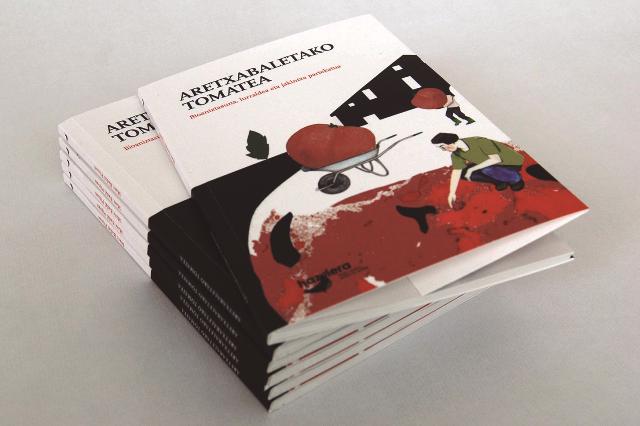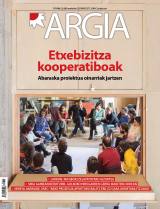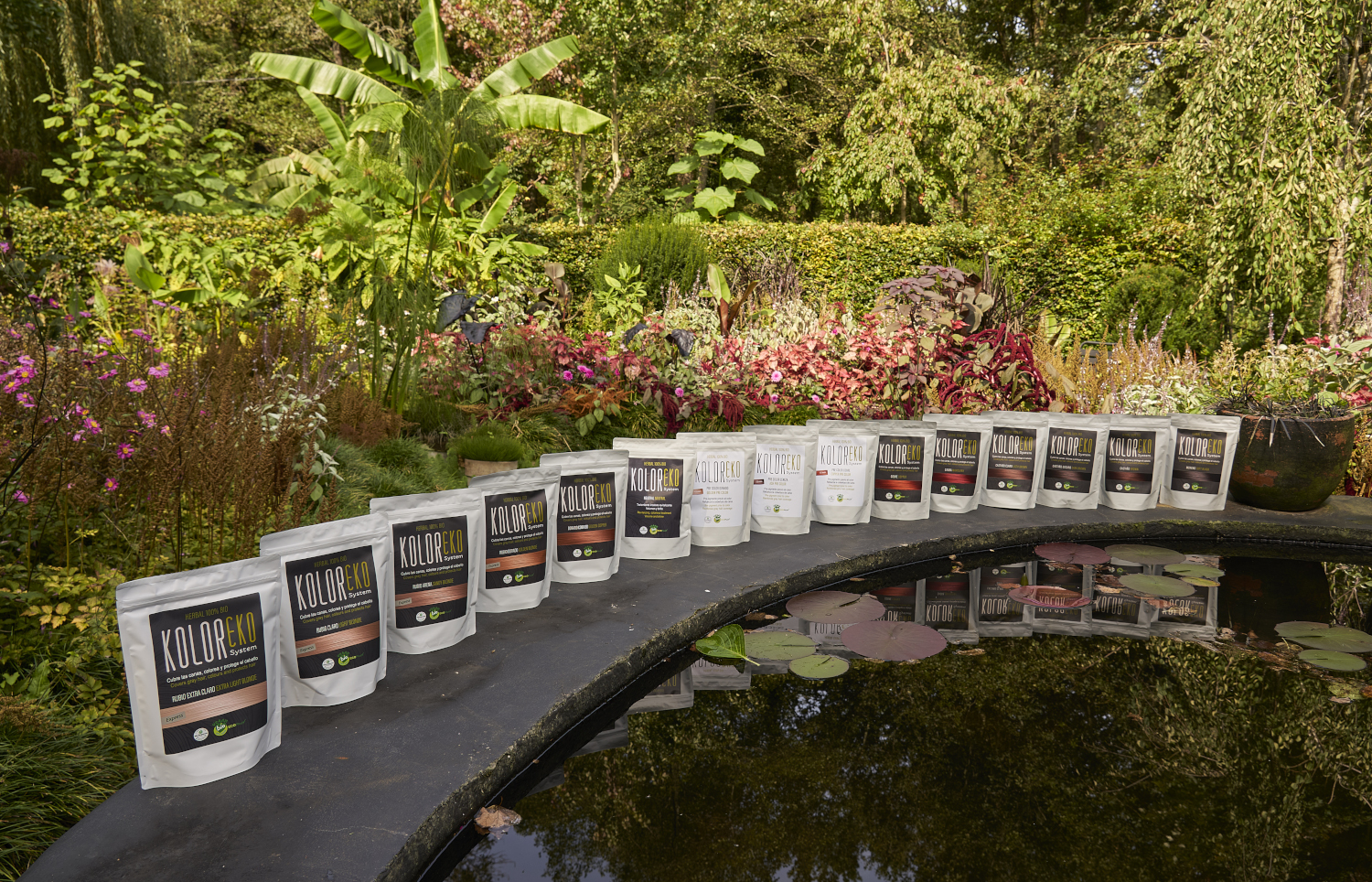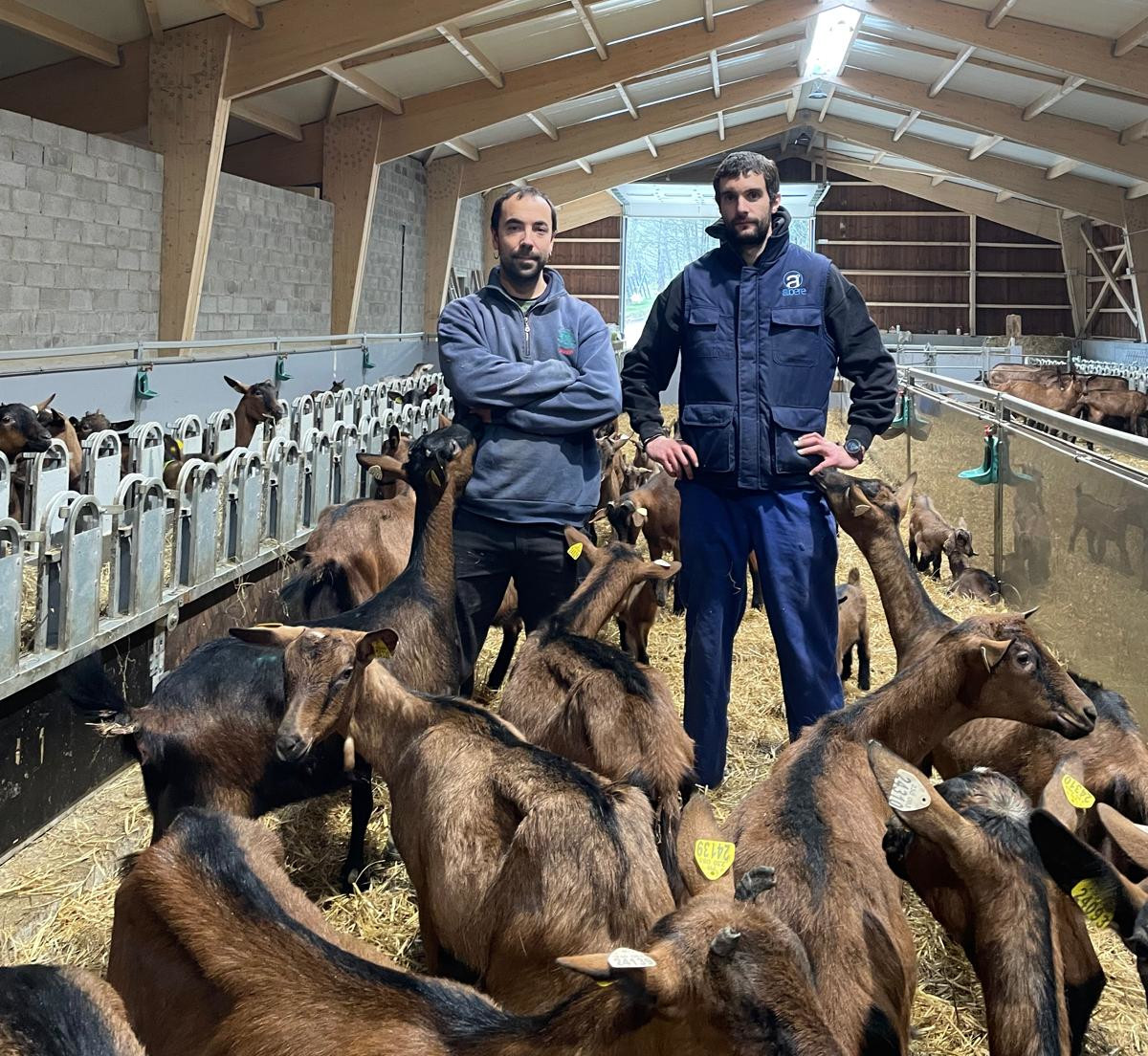Fruit that has spread through the exchange of knowledge among citizens

“When I lived in Catalonia a few years ago we knew the Aretxabaleta tomato there.” The coordinator of the Haziera project of the Cristina Enea Foundation, Marc Badal, has just presented in May a book on this variety of tomatoes. Aretxabaleta tomato has been studied in the last two years with the researcher Marta Barba Gassó. Biodiversity, territory and shared knowledge. It has been edited in both Basque and Spanish.
History of drunk tomato
Aretxabaleta tomato, pink tomato, drunk tomato… In Debagoiena the fruit is very varied. The authors have delved into the history of the variety of tomatoes, dialoguing with the producers of the region and sharing experiences and concerns. In fact, the tomato from Aretxabaleta has a rather curious story. In the 1980s, a farmer planted seeds and liked the tomato he received. For fear of losing her, she decided to enter a safe place and donated the seeds of that tomato to a member of another farmhouse who was working on organic production. Thus began the expansion of Aretxabaleta, which in the following years was expanding and improving both inside and outside the region.
Awakening consciences through the “famous” variety
Badal believes that the history of this tomato is not so well known in society in general. One of the author's intentions is to promote awareness among citizens through the deepening of the journey. “These famous varieties of seeds help open up other varieties and allow people to reflect on biodiversity,” he said in an interview with the Landaberri program of the Basque Country Irratia.
Without leaving aside the special characteristics and quality of the tomato itself, perhaps the main peculiarity of the Aretxabaleta tomato has been its character thanks to social synergies. It has been extended to the experience of citizens of sharing territory and knowledge: “The tomato from Aretxabaleta has spread horizontally below, far from the power games that surround the production and marketing of seeds within the framework of current industrial agriculture.”
Duela lau urte abiatu zuten Azpeitian Enkarguk proiektua, Udalaren, Urkome Landa Garapen Elkartearen eta Azpeitiako eta Gipuzkoako merkatari txikien elkarteen artean. “Orain proiektua bigarren fasera eraman dugu, eta Azkoitian sortu dugu antzeko egitasmoa, bere izenarekin:... [+]
Donostiako Amara auzoko Izko ileapaindegi ekologikoak 40 urte bete berri ditu. Familia-enpresa txikia da, eta hasieratik izan zuten sortzaileek ile-apainketan erabiltzen ziren produktuekiko kezka. “Erabiltzaileen azalarentzat oso bortzitzak dira produktu gehienak, baina... [+]
Ubidekoak (Bizkaia) dira Imanol Iturriotz eta Aritz Bengoa gazteak. “Lagunak gara txikitatik, eta beti izan dugu buruan abeltzaintza proiektu bat martxan jartzeko ideia”, azaldu du Iturriotzek. Nekazaritzari lotutako ikasketak izan ez arren, baserri munduarekin eta... [+]
Iruñean bizi ziren Iñaki Zoko Lamarka eta Andoni Arizkuren Eseberri gazteak, baina familiaren herriarekin, Otsagabiarekin, lotura estua zuten biek betidanik. “Lehen, asteburuetan eta udan etortzen ginen eta duela urte batzuk bizitzera etorri ginen”, dio... [+]
Gipuzkoako hamaika txokotatik gerturatutako hamarka lagun elkartu ziren otsailaren 23an Amillubiko lehen auzo(p)lanera. Biolur elkarteak bultzatutako proiektu kolektiboa da Amillubi, agroekologian sakontzeko eta Gipuzkoako etorkizuneko elikadura erronkei heltzeko asmoz Zestoako... [+]
Emakume bakoitzaren errelatotik abiatuta, lurrari eta elikadurari buruzko jakituria kolektibizatu eta sukaldeko iruditegia irauli nahi ditu Ziminttere proiektuak, mahai baten bueltan, sukaldean bertan eta elikagaiak eskutan darabiltzaten bitartean.






















